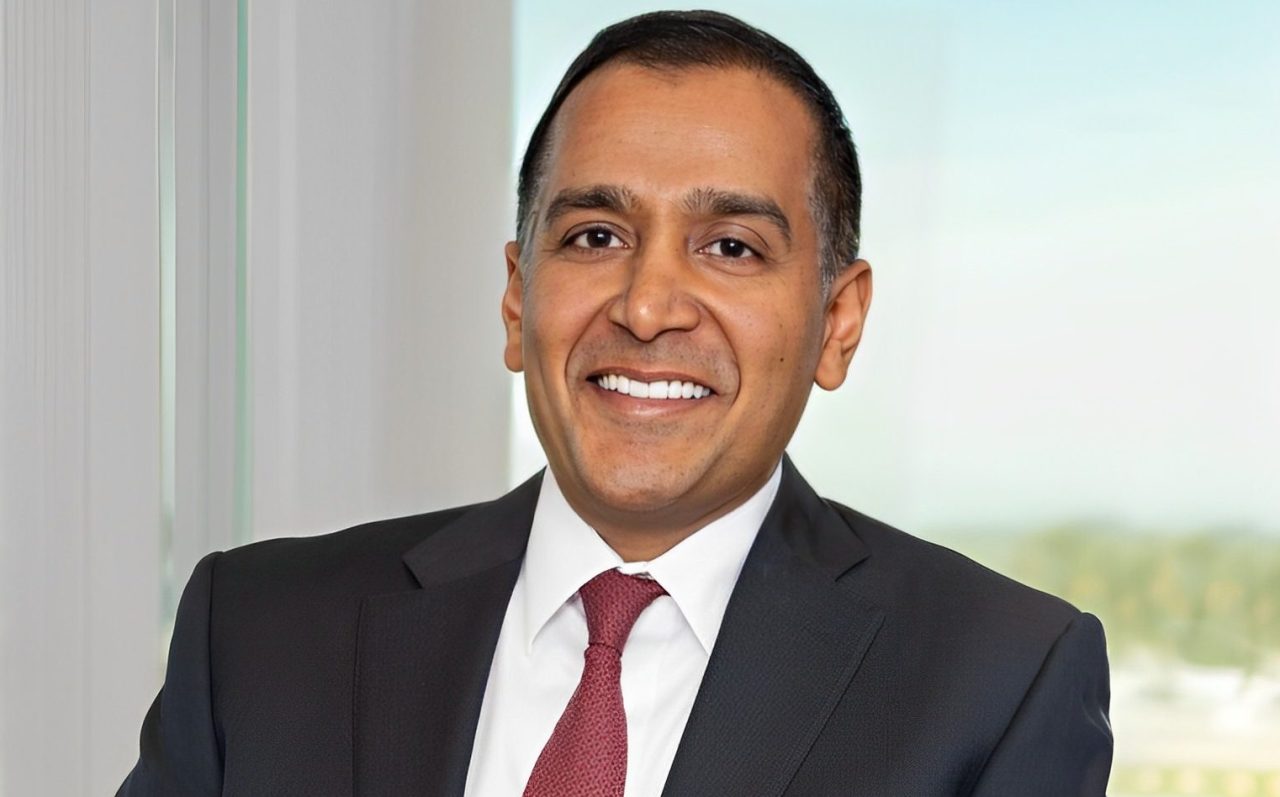Would we have a better healthcare system if physicians knew about healthcare finance and policy?
I have always believed this to be the case. The standard argument in response Is: “yes, but there’s no time in medical school and residency. The curriculum is already stuffed.”
Years ago, Edward Miller (then the Dean of Johns Hopkins Medicine) and I argued that the solution lay in revising medical school admission requirements to include an education in health systems in brief essay in the journal Academic Medicine.
We circulated the essay widely and got positive feedback but, no surprise—little changed.
When my brother was a pre-medical student in 1987-the premedical requirements were
1 year of college math
1 year of biology
1 year of general chemistry
1 year of organic chemistry and
1 year of physics
1 year of English
When I was a pre-medical student in 1998– the premedical requirements were
1 year of college math
1 year of biology
1 year of general chemistry
1 year of organic chemistry and
1 year of physics
1 year of English
Twenty-five years later (today)—the premedical requirements for most medical schools are:
1 year of college math
1 year of biology
1 year of general chemistry
1 year of organic chemistry and
1 year of physics
1 year of English
The failure of US medical schools to evolve premedical curricular requirements in a changing world is embarrassing.
I suspect there is a bit of a collective action problem and a desire to not exclude anyone from the applicant pool and make it more difficult for students to apply.
That said, with all of the new medical schools out there—is there not a medical school dean who is willing to say out loud what many of us know? Premedical requirements are largely obsolete.
While the health sciences remain one of the most dynamic fields—think about gene editing, computational biology, biomedic informatics—our expectations of college undergraduates has remain largely unchanged.
Where is health policy?
Or computer science?
Or medical sociology and ethics?
At some point—we need to look at ourselves and take ownership for the fact that physicians have taken a back seat in driving change in the US healthcare system because we they have been ill-equipped to do so.
Medical schools can best change the ethos of the profession by changing what it takes to be admitted to medical school in the first place.
By standing firm on requirements we are saying things are perfect the way they are—a reality almost no one can defend with a straight face.
If you were writing premedical requirements from scratch today—what would you include?


